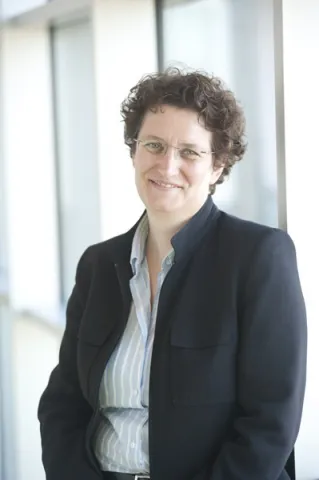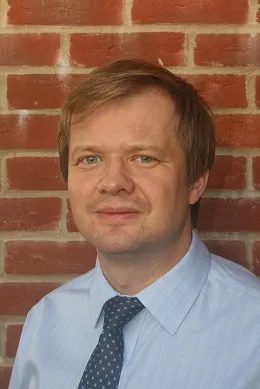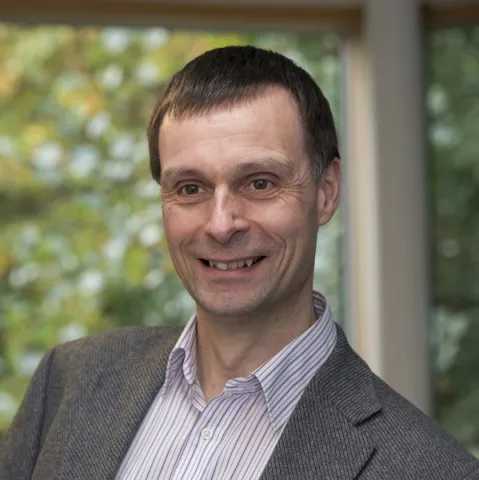Project overview
Changes in fertility and mortality have affected the number of kin an individual can expect to have alive at different stages of the life course. As children, most of us now know our grandparents, and in our fifties and sixties, many of us have both aged parents and grandchildren alive at the same time. However, these experiences are not universal and kinship networks differ in size and composition; for example, the child of an only child who partners with another such child will have no aunts or uncles or cousins. Events such as the Covid-19 pandemic have overturned many existing assumptions about mortality, fertility and migration, and will have profound effects on population change for years to come.
This research cluster develops understanding of the possible futures of kinship relations in the UK. It will lead to a richer picture of changing kin relations, and to allow behavioural responses to changing demographic conditions to be investigated. For example, the work includes estimates of the numbers likely to enter later life childless, and the impact of different aspects of demographic change on social security, both in terms of public and private provision. At the same time, the results help families better plan their financial futures and manage the associated risks. The study compares the UK with Europe and North America.
This work also delves into new intergenerational questions that can be asked using new types of 'digital big data'. Digital technologies are embedded in our daily lives, and shape how we interact, access services and communicate, with significant implications for intergenerational processes. These technologies have the potential to strengthen connections between generations by enabling digital connectivity without the need for geographical proximity, and the ability to reduce the burdens of caregiving and support through their greater flexibility.
The knowledge generated is useful to a variety of stakeholders, including government bodies and private industry, for understanding the role of digital technologies in affecting intergenerational processes, and how they can work to potentially create new and more flexible models of care and support. Beneficiaries include ONS, NRS, NISRA, DWP, local government planners, life and health insurance industry and regulators, the European Commission, Eurostat and DG Employment.
This research project is funded through the ESRC Centre for Population Change Connecting Generations, directed by Professor Jane Falkingham. This project is jointly led by Dr Jason Hilton and Professor Ridhi Kashyap (University of Oxford) with Professor Jakub Bijak, Professor Erengul Dodd, Dr Joanne Ellison and Professor Peter W Smith.
This research cluster develops understanding of the possible futures of kinship relations in the UK. It will lead to a richer picture of changing kin relations, and to allow behavioural responses to changing demographic conditions to be investigated. For example, the work includes estimates of the numbers likely to enter later life childless, and the impact of different aspects of demographic change on social security, both in terms of public and private provision. At the same time, the results help families better plan their financial futures and manage the associated risks. The study compares the UK with Europe and North America.
This work also delves into new intergenerational questions that can be asked using new types of 'digital big data'. Digital technologies are embedded in our daily lives, and shape how we interact, access services and communicate, with significant implications for intergenerational processes. These technologies have the potential to strengthen connections between generations by enabling digital connectivity without the need for geographical proximity, and the ability to reduce the burdens of caregiving and support through their greater flexibility.
The knowledge generated is useful to a variety of stakeholders, including government bodies and private industry, for understanding the role of digital technologies in affecting intergenerational processes, and how they can work to potentially create new and more flexible models of care and support. Beneficiaries include ONS, NRS, NISRA, DWP, local government planners, life and health insurance industry and regulators, the European Commission, Eurostat and DG Employment.
This research project is funded through the ESRC Centre for Population Change Connecting Generations, directed by Professor Jane Falkingham. This project is jointly led by Dr Jason Hilton and Professor Ridhi Kashyap (University of Oxford) with Professor Jakub Bijak, Professor Erengul Dodd, Dr Joanne Ellison and Professor Peter W Smith.




